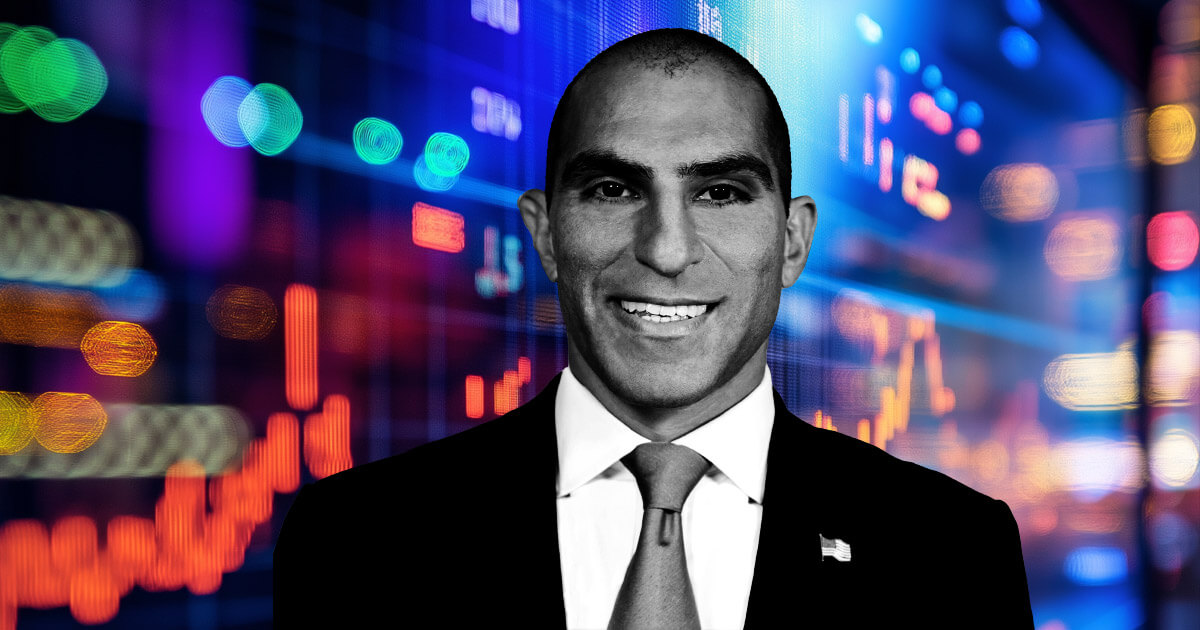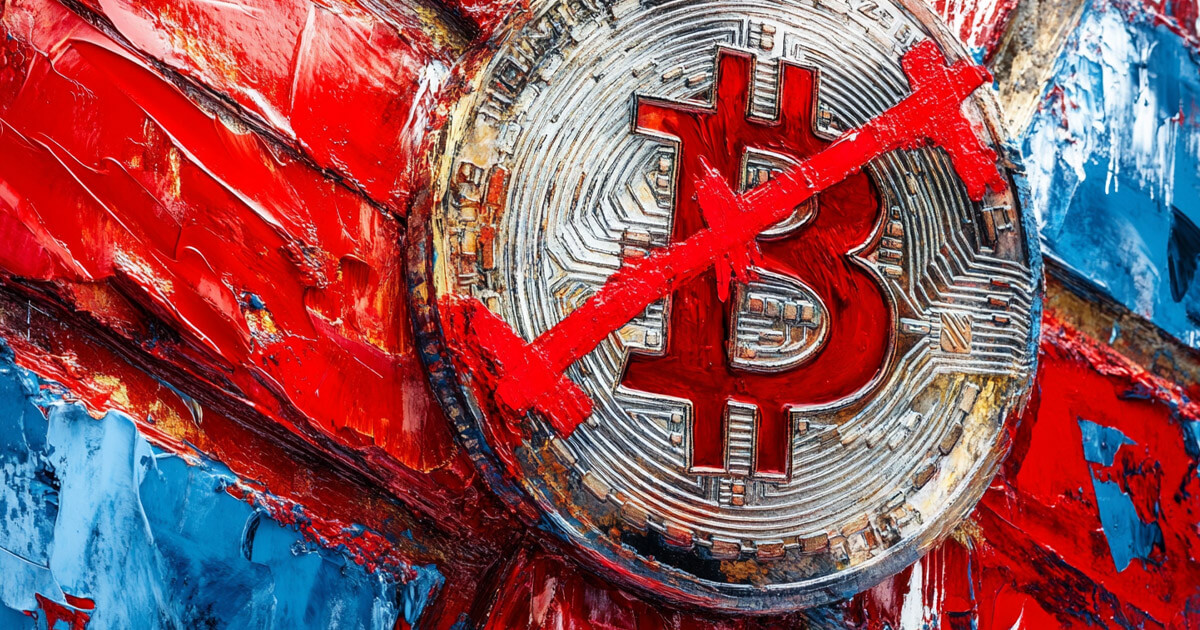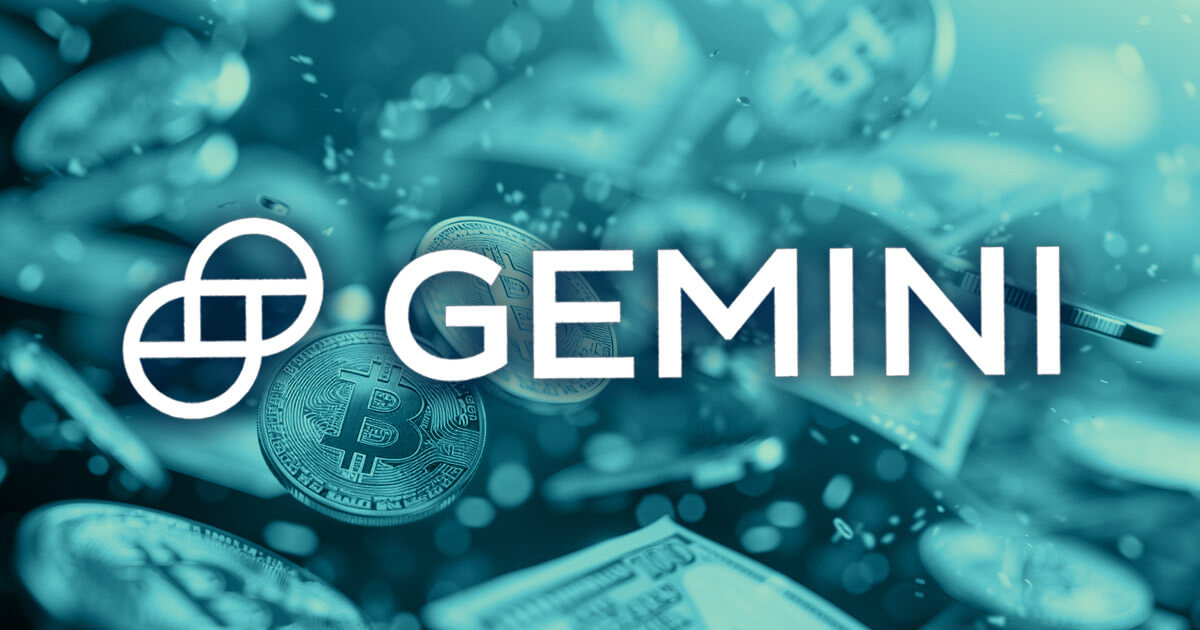The International Organization for Securities Commission (IOSCO) is working on a much-required set of global crypto regulations for the digital asset industry. The FTX collapse had a global impact; almost every major country faced its aftermath. The lack of common rules and cooperation among countries due to geopolitical fault lines makes it easier for fraudsters to get away. Hence, IOSCO proposed 18 new measures for global crypto regulations.
IOSCO is Answering the Need for Global Crypto Regulations
As of now, the industry needs strong and common (global) Anti Money Laundering (AML) rules in the jurisdictions they are operating. The industry is now calling for global regulations as different jurisdictions treat them differently, and they want a uniform and standard approach.
Mathew Long, director at the United Kingdom’s Financial Conduct Authority (FCA), argued that the new proposed standards would be pivotal in increasing the correlation between stocks and digital assets. IOSCO chair Jean-Paul Servais said that the plans would be a turning point in tackling risk from the industry. He also said,
“Crypto business has been allowed to grow on a flawed basis & has to be corrected.”
The proposed rules cover six key areas.
- Conflict of interest arising from the vertical integration of functions and activities.
- Regulatory cooperation and cross-border risks.
- Market manipulation, fraud, and insider trading.
- Operational and technological risks.
- Custody and Client asset protection.
- Retail access, suitability, and distribution.
Long also argued that the recent events in the crypto industry called for global crypto regulations. Moreover, such steps are necessary for making the crypto industry safe for the international market and its users.
Over the last few months, several jurisdictions have been working on regulations. For instance, the European Union adopted Market in Crypto Assets (MiCA) regulations making it one of the first to have a comprehensive set of regulations for the crypto industry. Others are still working, with Hong Kong getting close to having it’s own very soon.
However, certain jurisdictions are trying to classify digital assets as securities rather than treating them as commodities. This step makes the assets vulnerable to securities watchdogs, allowing them to make rules to police the industry as they see fit. This approach, some believe, is like enforcing the laws rather than increasing active participation.
IOSCO remarked that the industry could go haywire without a global set of rules. Also, bad actors could leverage this borderless nature of assets and its loopholes. How hard would it be for a hacker to steal crypto in the U.S. from a place with no extradition treaty and enjoy the loot?
The draft asks for cooperation from 130 global members, and the official document is expected to be circulated by the end of 2023. Once out, it could be used by the member organizations to fill the loopholes in their regulations, if they had any. IOSCO is also supposed to bring forth regulations for decentralized finance (DeFi).
The crypto industry is global which means rules that vary by jurisdiction won’t be in anyone’s best interests. If every nation agrees to a particular set of rules, tackling problems – that are most common – would be much simpler. Of course, each government will have its own set of rules based on its unique demographic, but an international watch over the industry is essential.
Credit: Source link















































